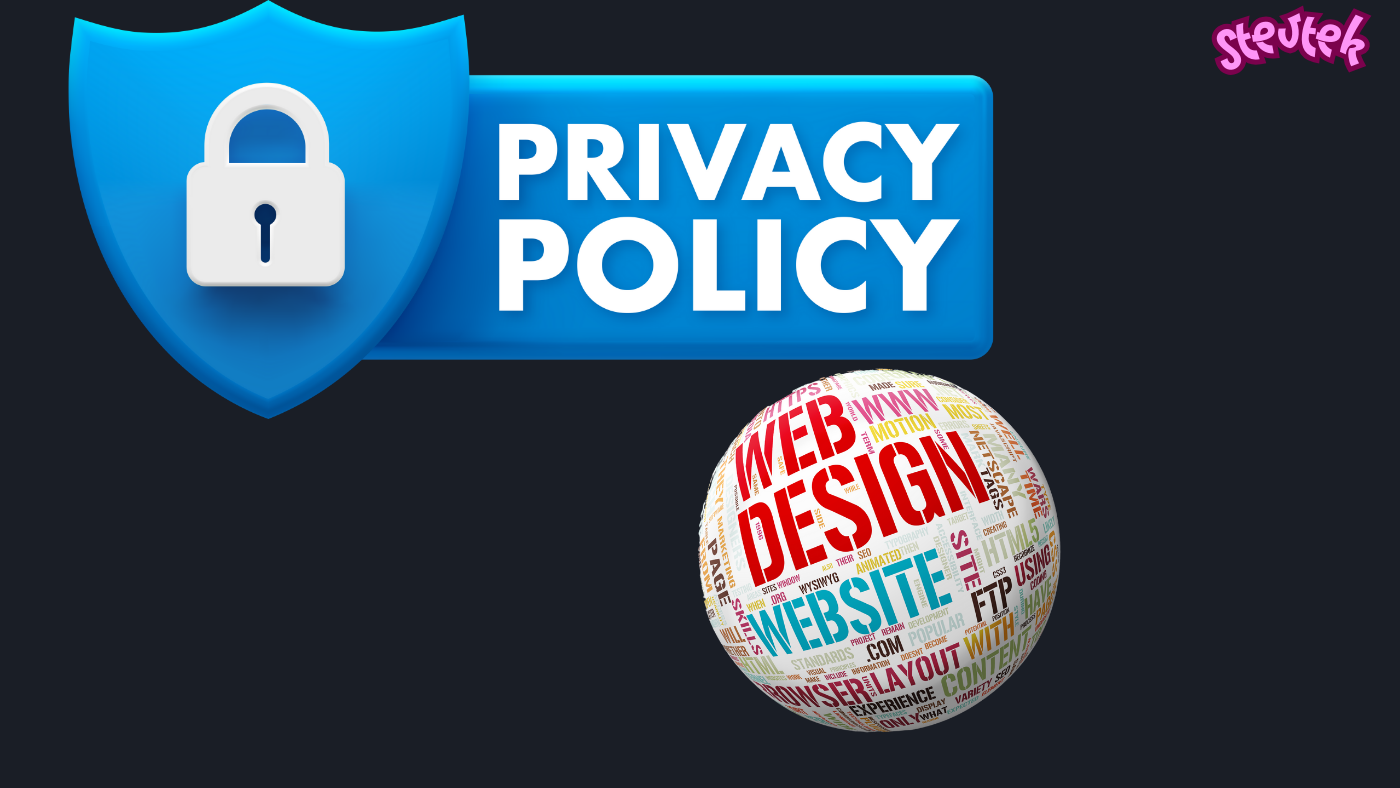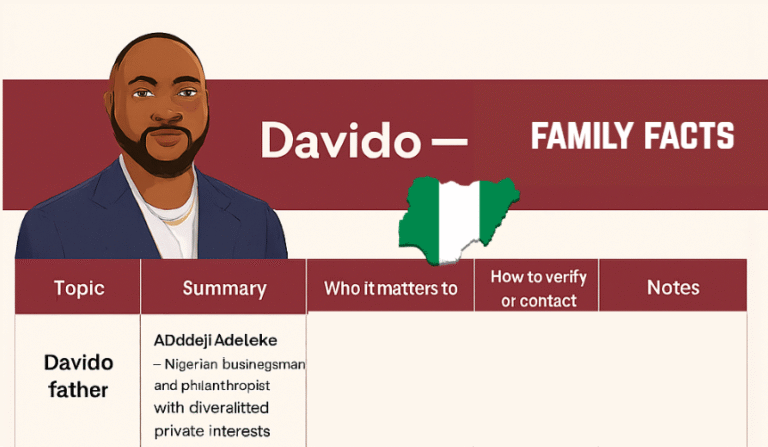
PRIVACY POLICY EXAMPLE FOR WEBSITE
Contents
Why Every Website Needs a Privacy Policy
You should be asking questions like these: PRIVACY POLICY EXAMPLE FOR WEBSITE. Do you know if your website needs a privacy policy page? Does your website need to provide privacy policy notices to consumers and customers? When it comes to the data we share online while browsing, it happens automatically as we click. I firmly believe that we cannot undervalue the importance of a privacy policy. If you own any kind of website or you run a small blog, an e-commerce store, or a large corporate platform, putting a page made for a privacy policy is a required step in protecting your users and building trust in the visitors coming to your site.What is a privacy policy?
Let me break it down… A privacy policy is an allowed manuscript that outlines how websites collect, store, and use personal data from visitors. So all websites need a privacy policy to comply with laws and documents and reassure users that all data collected from the site is handled safely.What Should a Privacy Policy Include?
A comprehensive written privacy policy page should include the following features: You must make it a subheader…- What information is collected so you have to fill in that bracket information (e.g., names, emails, browsing behavior)?
- How data is used Remember to write this paragraph in a clear and concise manner, focusing on topics such as marketing and improving user experience.
- If applicable, engage in third-party sharing.
- The system provides user rights and opt-out options.
- We implement security measures to protect data.
Legal Need:
Many governments and companies enforce privacy rules to control data handling. Without a privacy policy, website owners face significant risks, such as fines or legal action. A few important rules consist of- GDPR, which stands for the General Data Protection Regulation, applies. This regulation applies to businesses that handle data from residents of the European Union.
- An Act to Safeguard the Personal Information of Californians (CCPA) protects the privacy rights of all California residents.
- The Protecting the Personal Information of Children Online Act (COPPA) prioritizes the protection of children’s data.
Advantages of Creating a POLICY EXAMPLE FOR a WEBSITE
1. Safeguarding User Data
A privacy policy helps ensure that users’ data is handled securely and ethically.2. Establishing Trust with Visitors
When users know their information is protected, they feel more comfortable browsing, interacting, and making transactions on a website.3. Adherence to Regulations
By implementing a privacy policy, you reduce the risk of legal trouble and demonstrate responsibility.How to Create a POLICY EXAMPLE FOR a WEBSITE
It is unnecessary to complicate the process of establishing a privacy policy. Start the procedure by following the steps below:- You may create a simple policy that is specific to your website with the aid of an internet tool called a privacy policy generator.
Best privacy policy generator—online tools
- Free privacy policy generator from Termly for GDPR, CCPA
- TermsFeed has flexible privacy policies with one-time payment alternatives.
- Iubenda is an advanced tool that produces customized privacy policies in line with various legal conditions.
- GetTerms— GetTerms is a simple and cheap privacy policy generator for websites and apps.
- Website policies—they help design privacy rules by following multiple rules.
- Shopify Privacy Policy Generator—A free tool that was created mainly for shops on the internet.
- PrivacyPolicies.com.—Provides free and paid privacy policy templates for different company reasons.
- FreePrivacyPolicy.com—A basic tool for developing privacy rules fast.
Does Your Website Need a Privacy Policy? Here’s Why It’s Important.
- Get Advice From Lawyers—If your business deals with private data, a lawyer may assist you in following ethical and legal requirements.
- Update Regularly— Laws and rules change; consequently, reviewing your privacy policy guarantees constant compliance.
Conclusion
A privacy policy is more than just the law; it’s a promise to be open and honestly handle data. Website owners should create or update their policies to protect users and comply with industry standards. After reading this post, I believe you’re ready. Have you recently updated your privacy policy? Now is the perfect time to ensure your website is safe and reliable!Discover more from STEVTEK
Subscribe to get the latest posts sent to your email.





